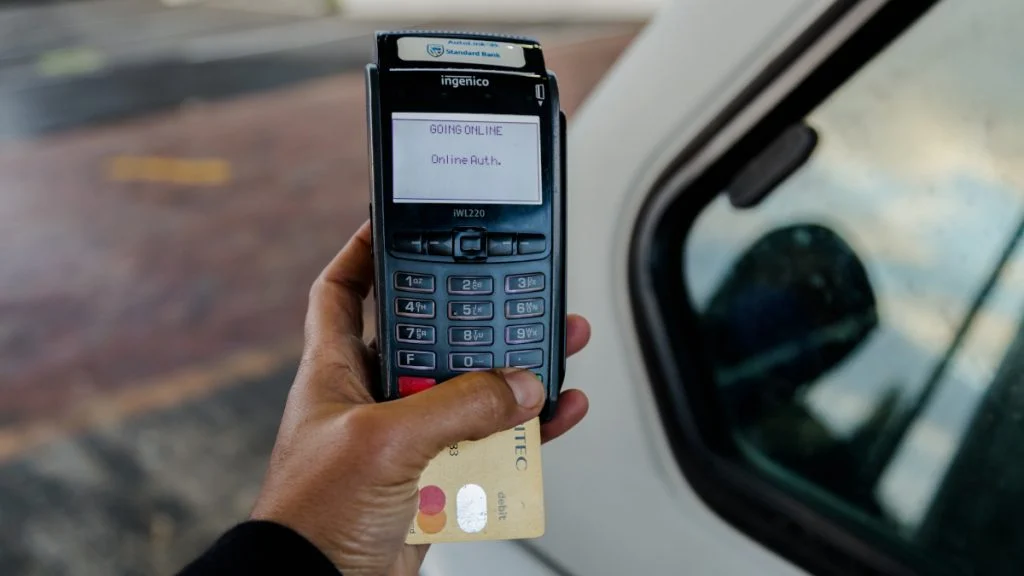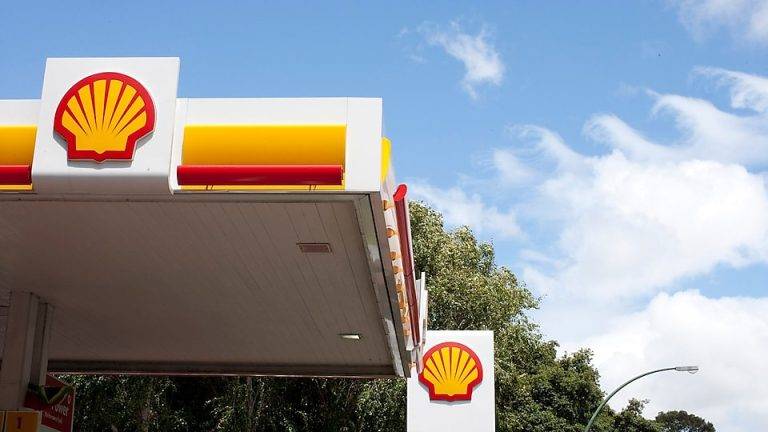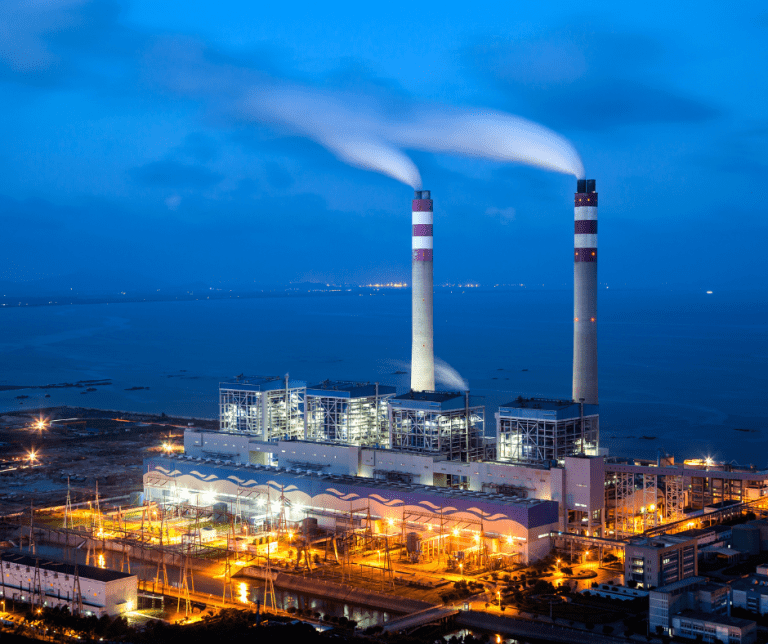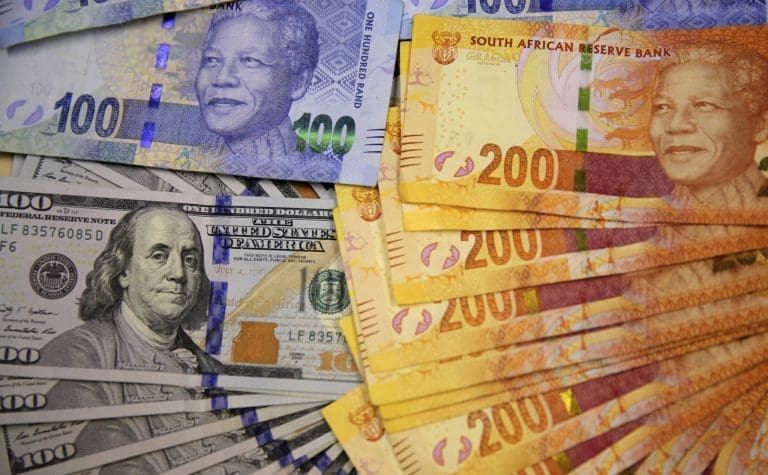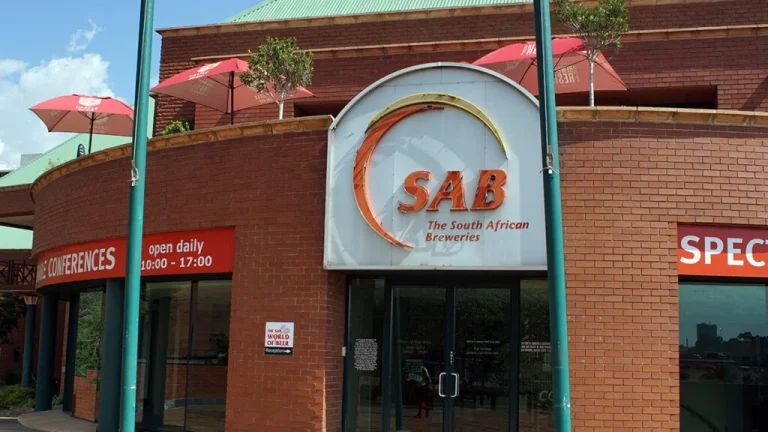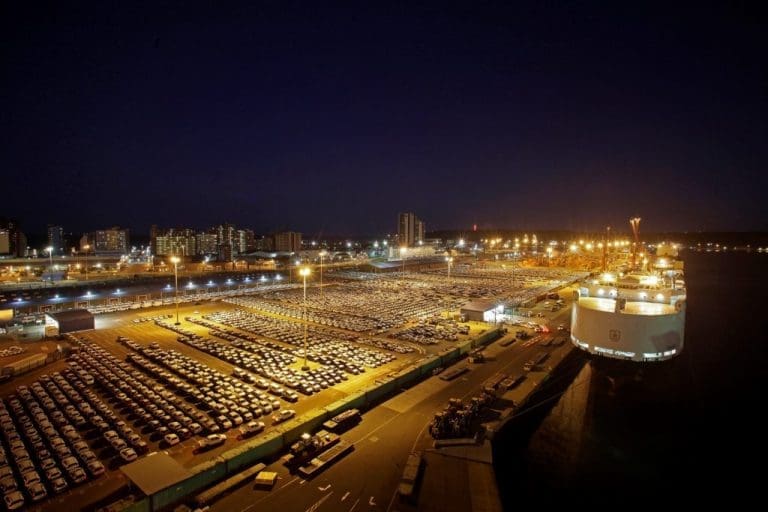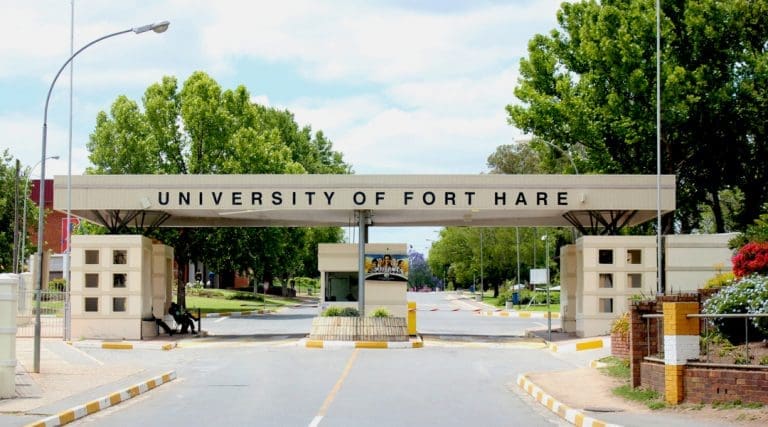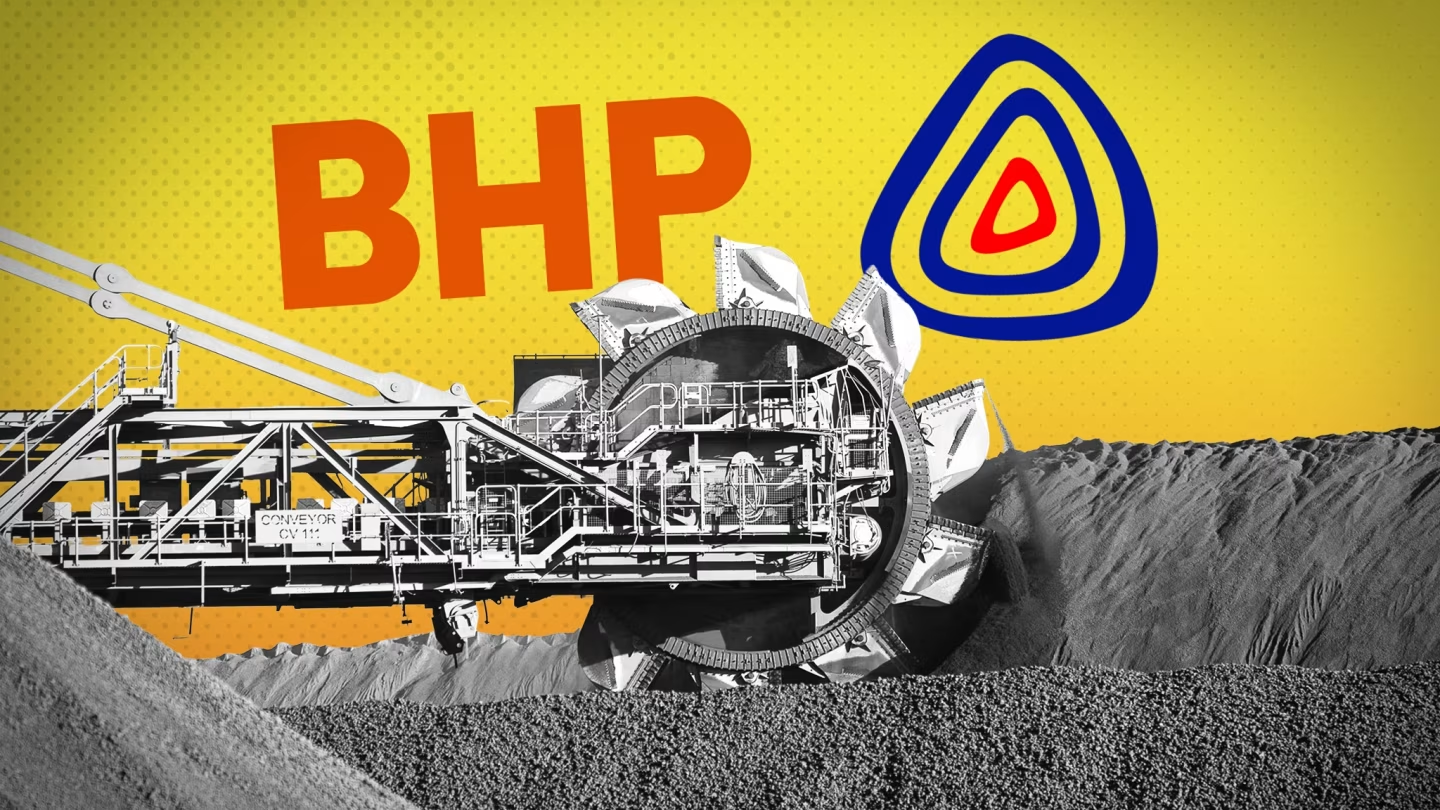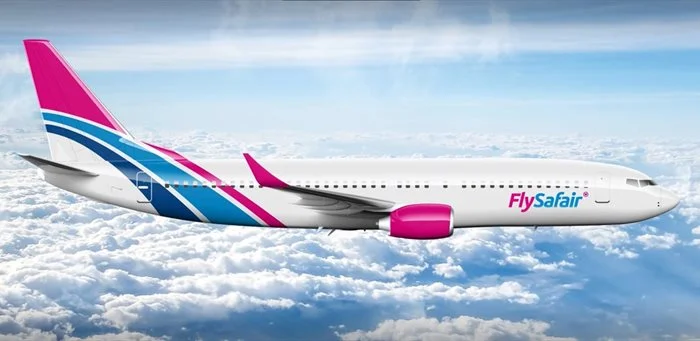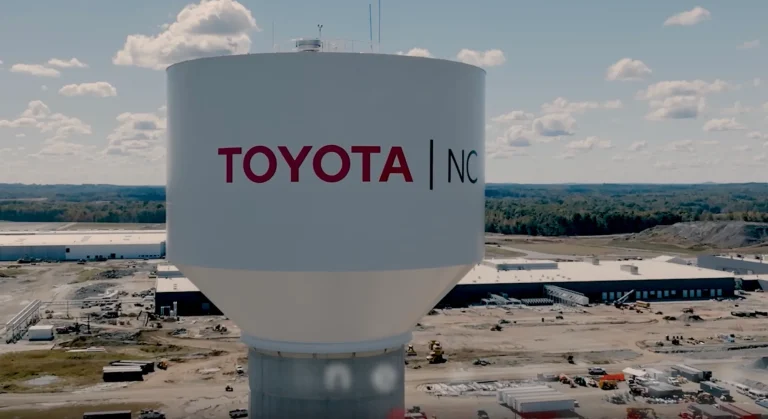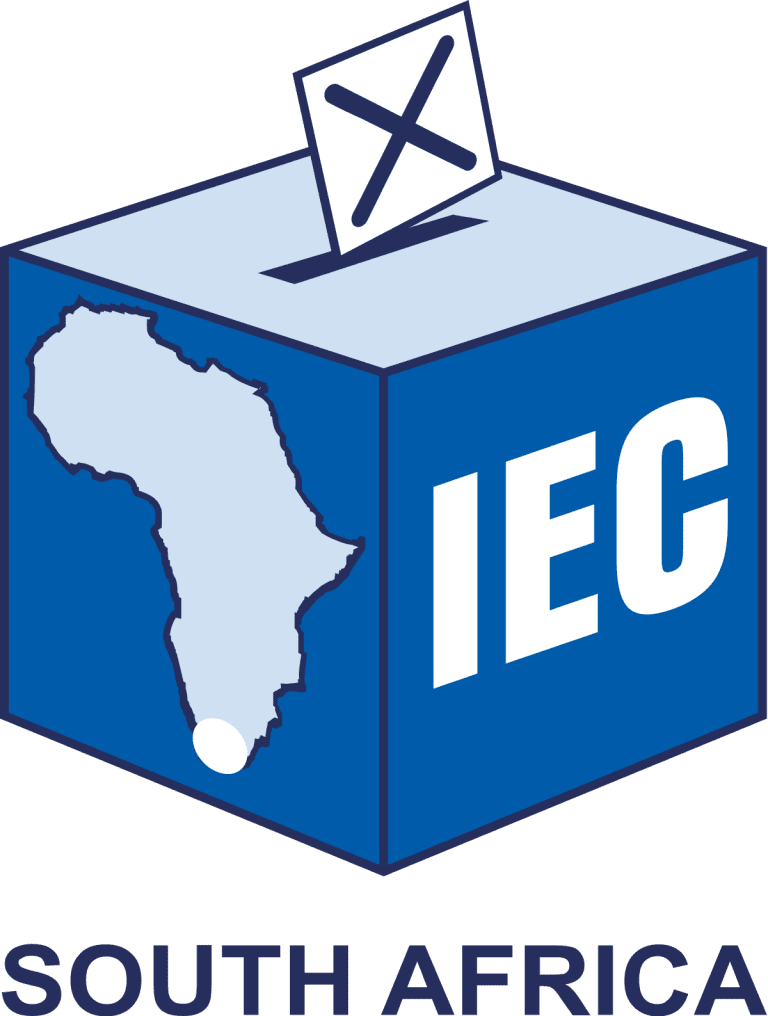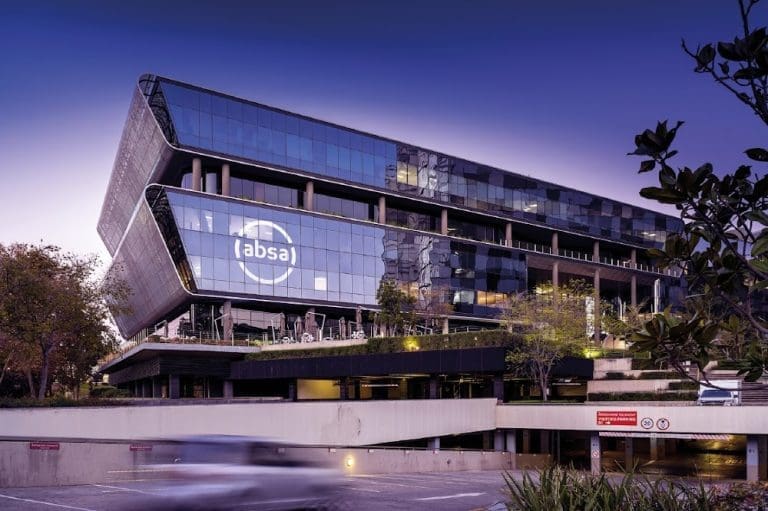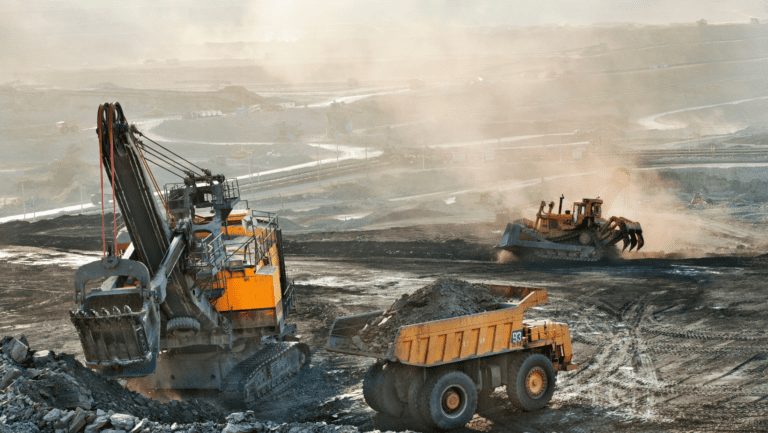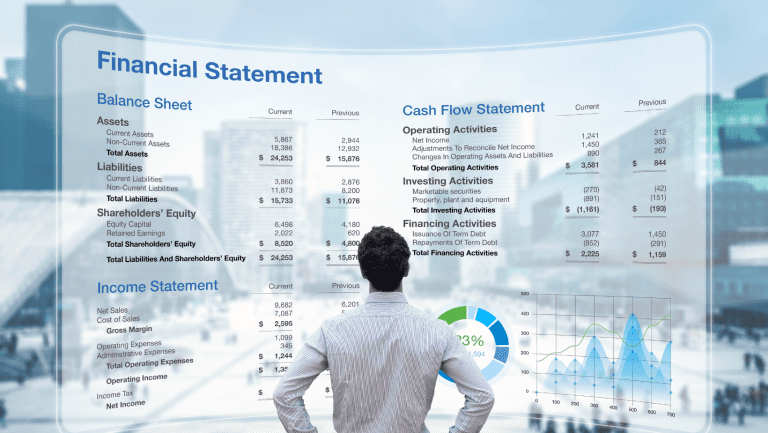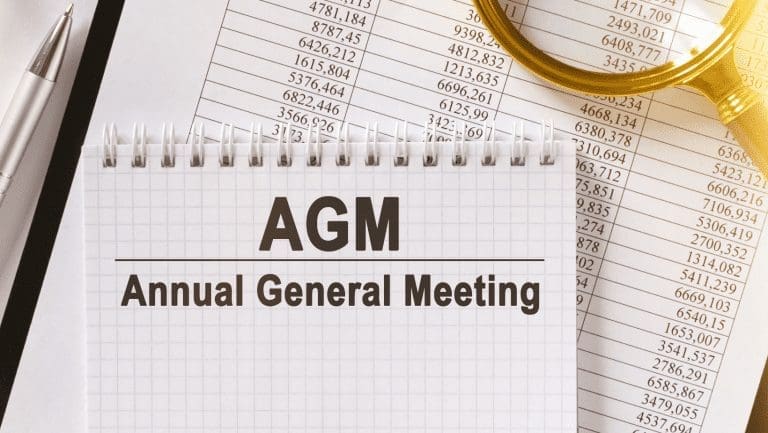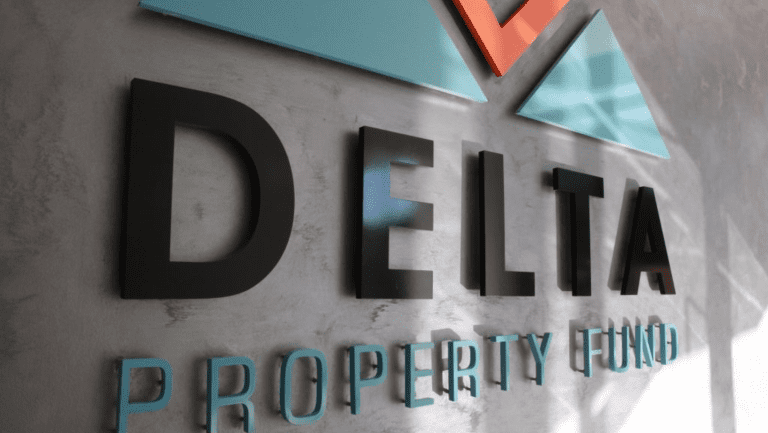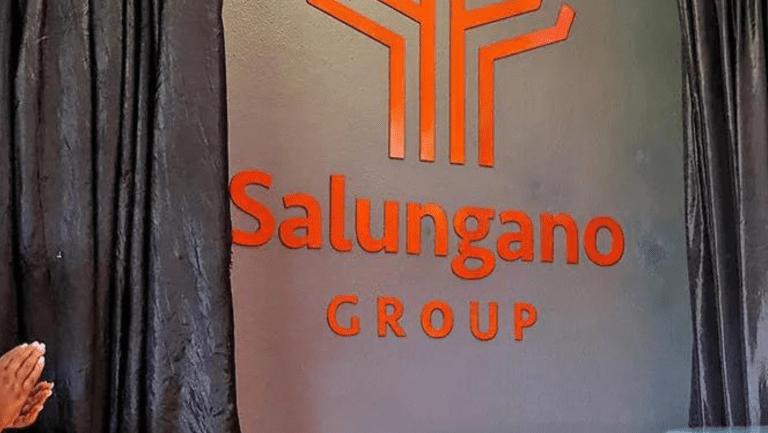As of Wednesday, 7th February 2024, South African motorists are gearing up to face a slight dent in their pockets as the cost of petrol is set to increase by 44 cents per litre, and diesel may go up by approximately 45 cents. This imminent petrol price hike comes as a result of various factors, including a weaker rand, elevated international petroleum prices, and geopolitical tensions affecting the global oil market.
The Central Energy Fund’s latest data reveals that both diesel and petrol prices are experiencing under-recoveries due to the weakening rand and surging international petroleum prices. The rand’s recent dip below R19 to the dollar, attributed in part to global tensions between NATO and Russia, has contributed to market chaos, with the rand briefly surpassing R19.20 to the dollar earlier in the week.
Despite the rand’s fluctuation, even at the R18.90 levels observed on Wednesday, it continues to contribute to the under-recovery in fuel prices. However, the primary culprit behind this under-recovery remains the escalating oil prices, driven by reduced inventories and heightened tensions in the Middle East.
Bloomberg’s analysis indicates that global benchmark Brent has approached $80 a barrel, rising from around $75 at the beginning of the year. This surge is largely attributed to decreased inventories and geopolitical tensions, overshadowing expectations of increased oil supply in 2024. Analysts suggest that the impact on oil prices is more tied to cost increases and risk sentiment rather than actual supply shortages, indicating that the upward trend in pricing may eventually subside.
To provide a clearer picture of the expected impact on consumers, the following table illustrates the forecasted pump prices for February 2024:
| Fuel Type | January Official | February Forecast |
|---|---|---|
| 95 Petrol | R22.49 | R22.93 |
| Diesel 0.005% (wholesale) | R20.73 | R21.18 |
Moreover, considering various tank sizes, the subsequent tables outline how much more South Africans could potentially pay to fill up their car’s tank with petrol and diesel inland in February compared to January 2024:
Petrol:
| Tank Size | 95 Unleaded | Saving |
|---|---|---|
| 37 litres | R848.41 | +R16.28 |
| 45 litres | R1,031.85 | +R19.25 |
| 60 litres | R1,375.80 | +R26.40 |
| 80 litres | R1,834.40 | +R35.20 |
Diesel:
| Tank Size | Diesel 0.005% | Saving |
|---|---|---|
| 37 litres | R783.66 | +R16.65 |
| 45 litres | R953.10 | +R20.25 |
| 60 litres | R1,270.80 | +R27.00 |
| 80 litres | R1,694.40 | +R36.00 |
While predicting exact petrol consumption is challenging due to variables like traffic and road conditions, it is possible to estimate how these petrol prices might affect monthly allowances based on manufacturer estimates. The following table illustrates the potential cost increase for traveling 100km next month in some of the country’s best-selling cars compared to current expenses:
| Type | Car | Consumption per 100km | Fuel Cost per 100km | Change |
|---|---|---|---|---|
| Crossover | Toyota Corolla Cross | 6.8L | R155.92 | +R2.98 |
| SUV | Toyota Fortuner | 7.2L* | R152.49 | +R3.23 |
| Bakkie | Toyota Hilux | 7.1L* | R150.38 | +R3.20 |
| Hatchback | VW Polo Vivo | 5.9L | R135.29 | +R2.60 |
| Sedan | VW Polo Sedan | 6.5L | R149.04 | +R2.85 |
As South Africans prepare for these fuel price adjustments, it’s crucial to stay informed about economic developments and global factors influencing local fuel prices. Keep an eye on market trends and consider adopting fuel-efficient driving habits to mitigate the impact on your wallet.


